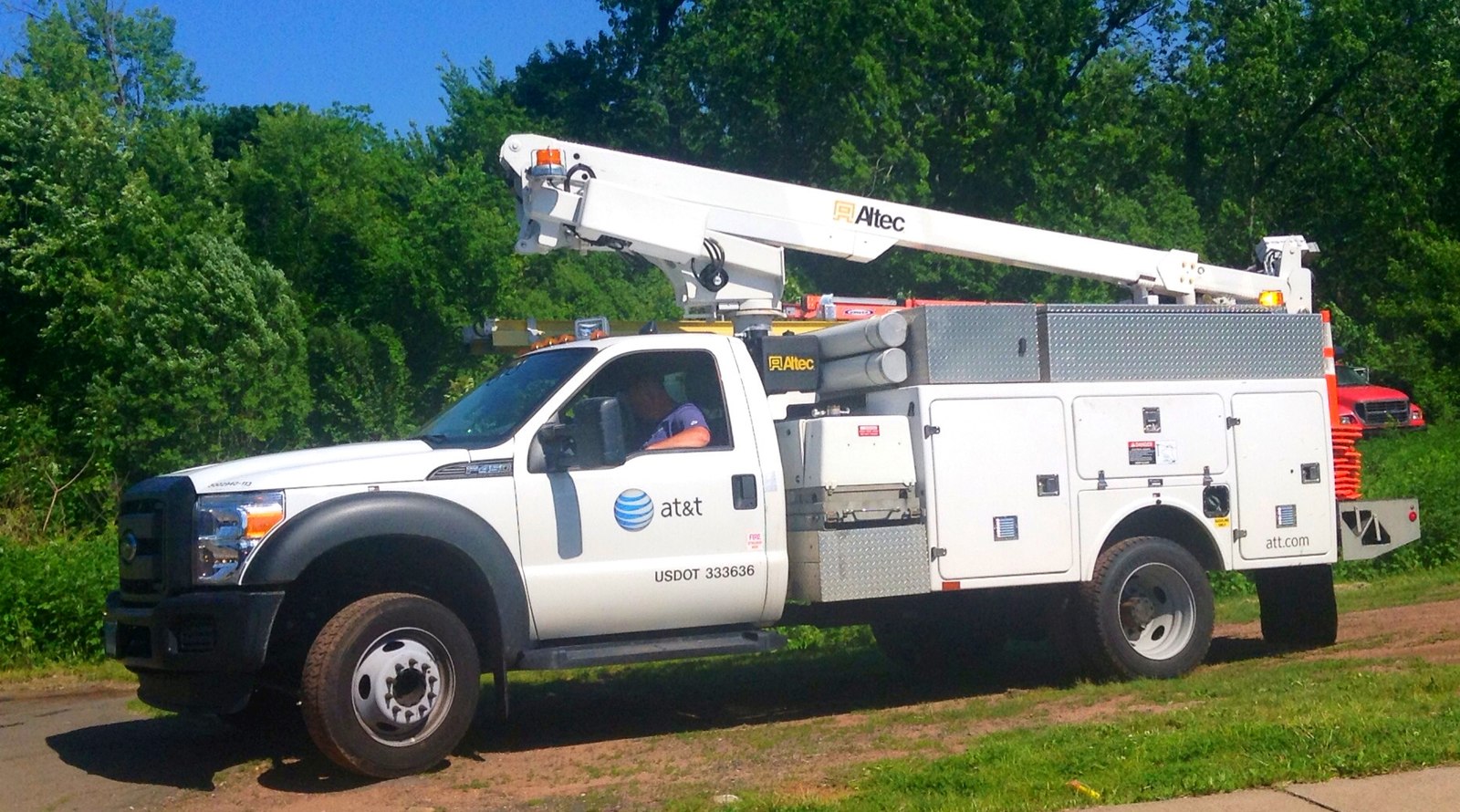Everest Fang is a student at Harvard Law School.
In today’s news and commentary: Port workers meet to discuss potential strike strategy, and AT&T workers enter the third week of their strike.
Delegates representing chapters of the International Longshoremen’s Association (ILA), are meeting today and tomorrow to discuss a proposed contract with the organization’s wage scale committee. The meetings could provide insight into whether the union, which represents tens of thousands of workers at U.S. East Coast and Gulf Coast ports, will follow through on its threat to strike on October 1st. The meetings are intended to allow members to strategize ahead of the potential strike. ILA’s negotiations with the United States Maritime Alliance, which represents ports ownership, broke down in July. The union announced it canceled talks after discovering that automated technology was being used by APM Terminals and Maersk, the world’s second-largest shipping company and APM Terminals’ parent company, to process trucks at port terminals without union labor. In August, ILA president Harold Daggett said that membership was 100% behind ILA leadership’s decision to strike on October 1 if the union’s demands are not met. ILA’s contract expires at the end of the month.
More than 17,000 AT&T workers in the southeast have entered the third week of their strike in Alabama, Florida, Georgia, Kentucky, Louisiana, Mississippi, North Carolina, South Carolina and Tennessee.. The Communications Workers of America (CWA) have accused the company of unfair labor practices for attempting to further delay bargaining on a new union contract. The workers on strike include technicians, customer service representatives and others who install, maintain and support AT&T’s network. In 2019, the union filed unfair labor practice charges over the company’s delays in bargaining a new contract, resulting in AT&T managers attending bargaining sessions, and a tentative agreement reached shortly thereafter. Despite this history, the same delays seem to be playing out. CWA is seeking wage increases that take inflation into account, and protections that improve their work-life balance.






Daily News & Commentary
Start your day with our roundup of the latest labor developments. See all
February 13
Sex workers in Nevada fight to become the nation’s first to unionize; industry groups push NLRB to establish a more business-friendly test for independent contractor status; and UFCW launches an anti-AI price setting in grocery store campaign.
February 12
Teamsters sue UPS over buyout program; flight attendants and pilots call for leadership change at American Airlines; and Argentina considers major labor reforms despite forceful opposition.
February 11
Hollywood begins negotiations for a new labor agreement with writers and actors; the EEOC launches an investigation into Nike’s DEI programs and potential discrimination against white workers; and Mayor Mamdani circulates a memo regarding the city’s Economic Development Corporation.
February 10
San Francisco teachers walk out; NLRB reverses course on SpaceX; NYC nurses secure tentative agreements.
February 9
FTC argues DEI is anticompetitive collusion, Supreme Court may decide scope of exception to forced arbitration, NJ pauses ABC test rule.
February 8
The Second Circuit rejects a constitutional challenge to the NLRB, pharmacy and lab technicians join a California healthcare strike, and the EEOC defends a single better-paid worker standard in Equal Pay Act suits.